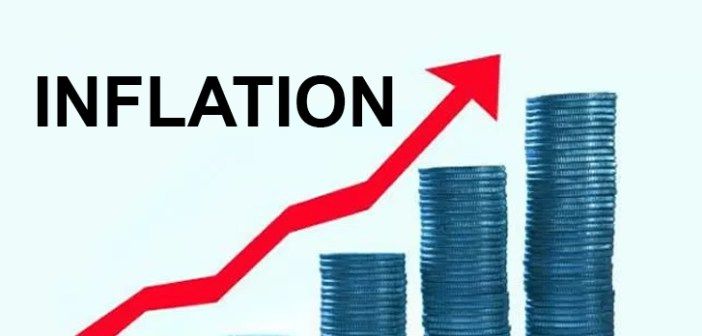Deloitte Warns Rising Inflation in Ghana and Nigeria to Hamper Economic Growth
Professional services firm Deloitte has cautioned that the persistent rise in inflation in Ghana and Nigeria is likely to hinder economic growth in 2025.
Rising costs for businesses and reduced consumer spending are constraining economic activity, posing significant challenges for policymakers in the two West African nations.
Monetary Policy Outlook
Deloitte predicts that monetary policy will remain tight in both countries as central banks aim to curb inflation.
In Nigeria, further policy tightening is anticipated, while the Bank of Ghana may maintain its current stance, with the possibility of a rate hike if inflationary pressures persist.
Inflation Trends in Ghana and Nigeria
Ghana’s inflation reached 23.8% in December 2024, driven by rising food prices. This marks the fourth consecutive month of increases.
Similarly, Nigeria’s headline inflation surged to 34.8%, attributed to festive-related spending during the holiday season.
According to Deloitte’s inflation update, “The underlying inflation pressures, driven by food price volatility, exchange rate fluctuations, and global commodity prices, are expected to persist in 2025.”
Broader Inflationary Outlook in Africa
The Economist Intelligence Unit (EIU) forecasts that inflationary pressures in Ghana and Nigeria will ease slightly in 2025, with average rates of 15.5% and 27.7%, respectively.
However, specific African countries—including Angola, Seychelles, Sudan, and Tanzania—are expected to see higher inflation due to unique domestic factors.
“Inflationary pressures are expected to ease from the more elevated levels recorded in 2023 for all but a small handful of African countries—namely Angola, Seychelles, Sudan, and Tanzania, where country-specific factors will push up consumer price inflation,” EIU noted.
Economic Implications
The high inflation levels in Ghana and Nigeria underscore the challenges faced by businesses and consumers. Rising costs for goods and services continue to erode purchasing power, slowing economic growth and increasing pressure on central banks to stabilize prices.
With inflation expected to persist into 2025, economic recovery in these countries may hinge on targeted fiscal and monetary interventions to address underlying drivers such as food price volatility and exchange rate fluctuations.







